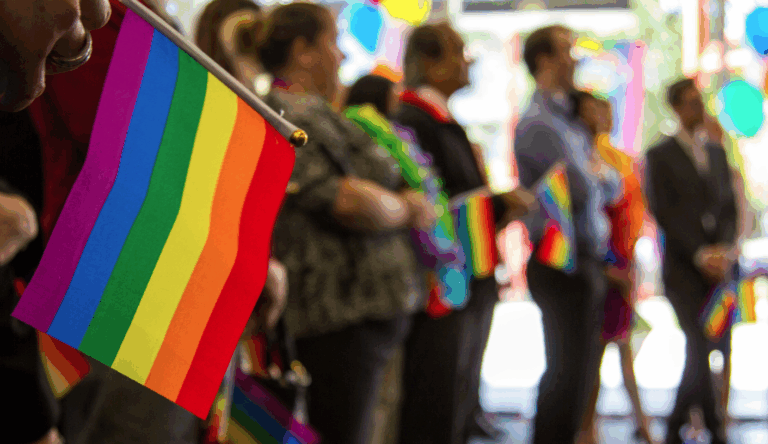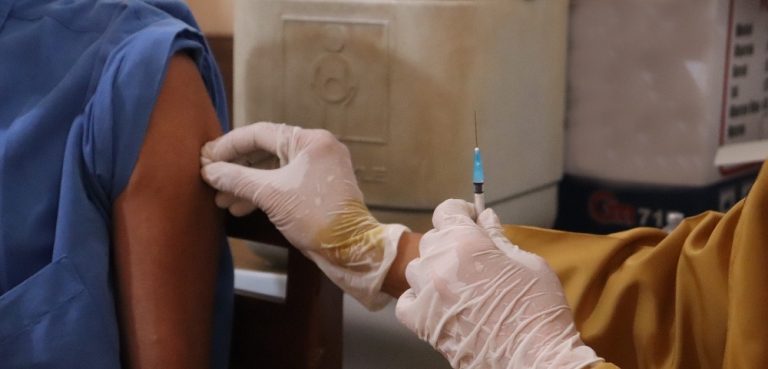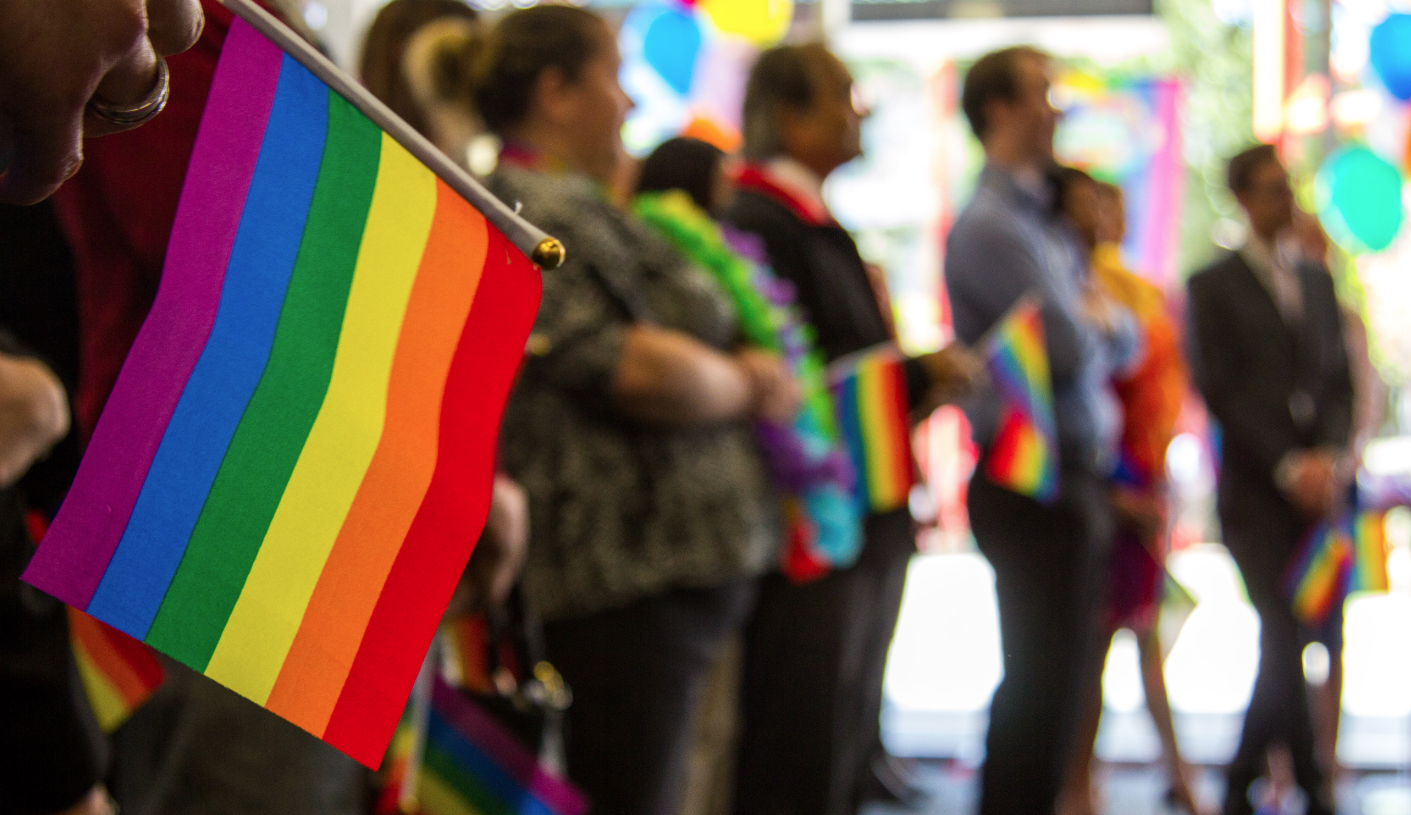
Coronavirus increases fear and rejection for homeless LGBTQI
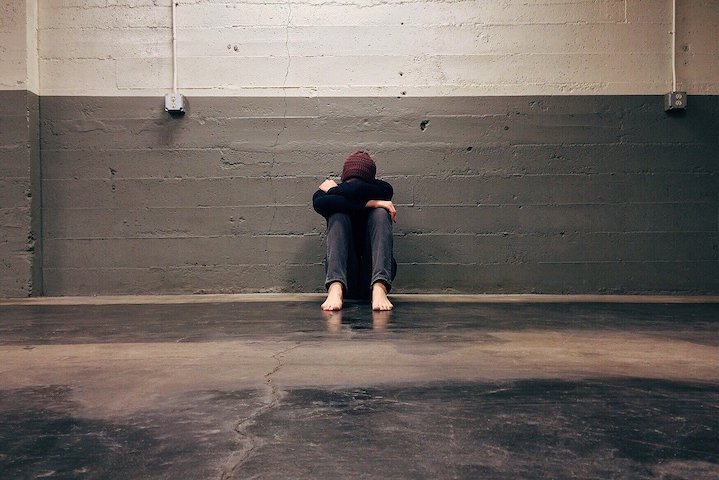
While the general population is now routinely using terms like “social distancing” and “self-isolation”, for the many hundreds of homeless people living rough, these concepts are a non-optional, everyday reality.
Homeless people are particularly susceptible to illness and injury and have very limited access to medical assistance. They have no family or friends to rely on for support and camaraderie among the homeless is restricted by each individual’s need to survive.
LGBTQI homeless people are even further ostracised; frequently subjected to physical and verbal abuse by other homeless people who have nowhere else to vent their anger.
Cat Delaney has been there herself and seen it all. She does a lot of work with the homeless, especially the LGBTQI community. This year, she entered a float in the Mardi Gras parade bearing the message: “Please don’t forget our Homeless: LGBTQI homeless are our most vulnerable” and is planning to build a refuge for LGBTQI homeless people.
Delaney is extremely concerned about how the coronavirus (COVID-19) will affect people living on the streets.
“If any of the homeless look like they have the flu, they are pushed to the side, told to get away by other homeless – maybe even bashed up to keep them away. Homeless turning on homeless,” she told Star Observer.
Even people offering support and welfare services are being extra cautious.
“Volunteers have started leaving meals aside for those suspected of being contagious,” says Delaney, adding that she has seen instances of meals being left across the road or a significant distance from a homeless person.
Another issue is the inherent tendency for homeless people to withdraw and isolate themselves when they are ill, rather than seek help. They are also fiercely attached to their pets and will not abandon them, regardless of how dire their own situation is.
If coronavirus enters the community, its effect will be devastating.
“Lets see what happens has the weeks unfold,” says Delaney. “We could be finding bodies as the homeless will go into hiding when they are sick.”
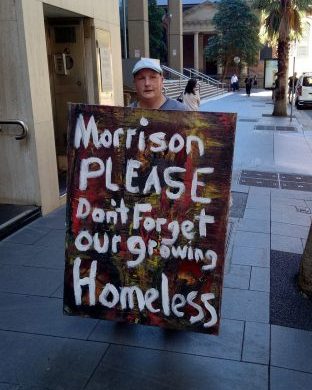
(image supplied)
The wider public who have a preconceived idea of how and why someone becomes homeless, might be alarmed to know how easily it can happen and how susceptible many people are.
Many people in the LGBTQI community earn low wages in insecure jobs, surviving hand to mouth. It only takes a small series of circumstances – such as those being created by the current pandemic – to move them from the edge of mainstream society and onto the streets. There are a lot of young people on the streets who have run away or been abandoned by their families, and many older people whose forced subsistence as a marginalised group never allowed them to build a retirement fund.
If you or anyone you know feel you need support, please contact a helpline or charity in your area. Some helpful resources are listed below:
General
Lifeline 13 11 14
Beyond Blue 1300 22 4636
Suicide Line 1300 651 251
LGBTQI Victoria
Thorne Harbour Health 1800 134 840
Switchboard (03) 9663 6733
LGBTQI NSW
ACON 1800 063 060
Twenty 10 Metro (02) 8594 9555 ; Regional 1800 65 2010
National
Qlife 1800 184 527 (3pm–midnight AEST)
